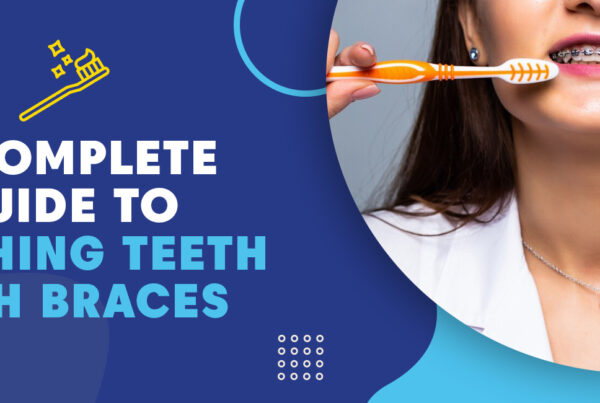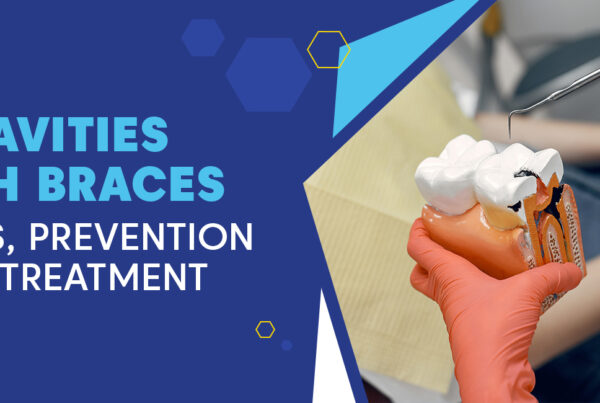Why You Should Avoid Gum Pain
When you have a toothache, you go to the dentist. What do you do when you have gum problems? At Orthodontic Experts, one of the most frequently asked questions that patients ask our doctors is how come my gums hurt? There are many reasons behind this and how to prevent this with maintaining good oral hygiene. Gum Pain, bleeding, or swelling might be caused due to several reasons if you don’t have good oral hygiene.
For a healthy smile, you must practice good oral hygiene every day. Brushing after each meal,
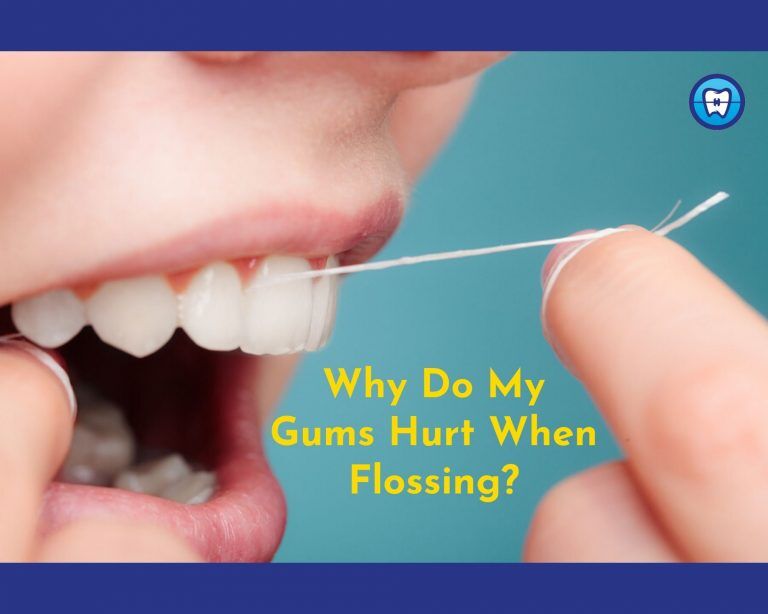
using antimicrobial mouthwash and flossing at least once per day helps to keep these diseases from reproducing in your mouth, which causes gum pain and tooth decay. For instance, there are many ways to keep your teeth and oral hygiene in a good state to avoid gum pain and bacteria out. Gently brush your teeth on all sides with a soft- bristle brush and fluoride toothpaste. Also, use a small circular motion and short back-and-forth strokes, but brushing carefully and gently along your gum line. Before you finish brushing lightly brush your tongue or use a tongue scraper to help keep your mouth clean to maintain good oral hygiene and to avoid gum pain.
How To Prevent Gum Pain
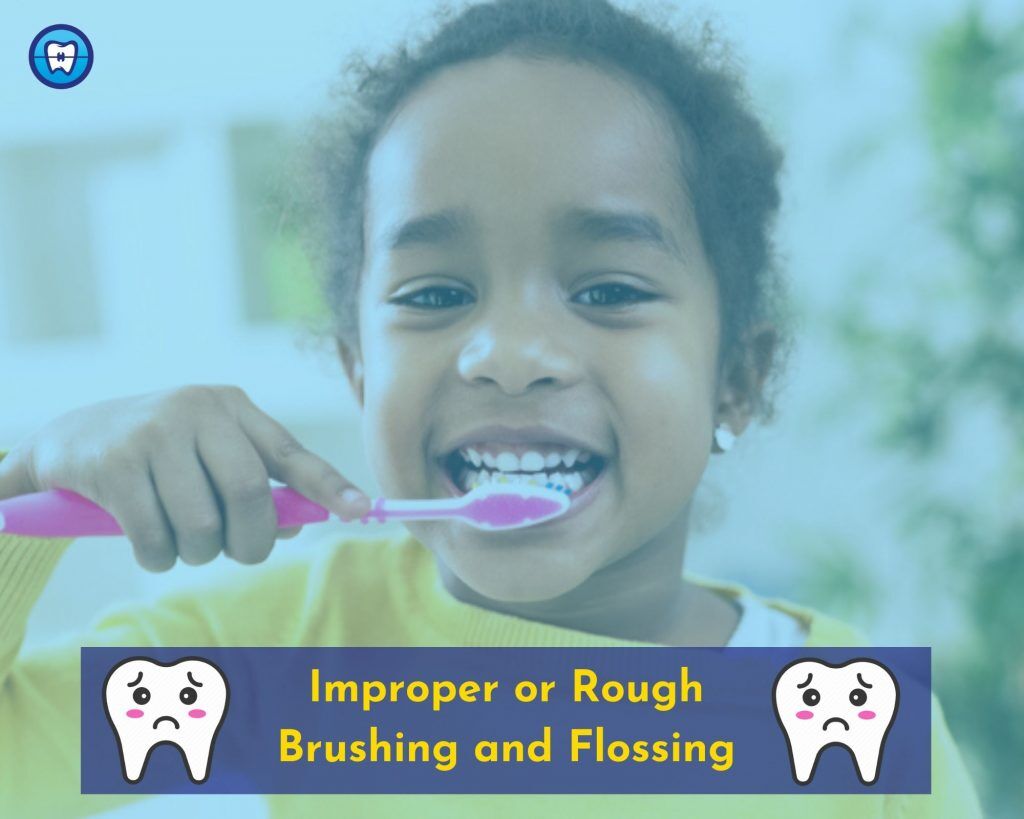
Gum pain is caused by many different ways that go wrong to maintain good oral hygiene. Brushing too hard, improper flossing techniques, infection, or gum disease can cause sore and sensitive gums that many of us do not like. Other causes that are unrelated to oral hygiene might be a Vitamin K deficiency, hormonal changes during pregnancy, leukemia, or blood disorders.
To prevent gum pain and to maintain good oral hygiene there are many different ways that work for everyone.
First, use a saltwater rinse by warming up one cup of water on the stove (not boiling, but just mild warm) and pour into a cool glass and gurgle the water. Next, try compressing either a hot or cold compressor to help reduce the pain. Another way to prevent and stop the gum pain would be using oral anesthetic gels or just over the counter pain pills. If you don’t continue to maintain the pain and try to prevent it, the gum tissue will then take about ten days to two weeks to heal. It is very important to maintain good oral hygiene to avoid this issue.
What do Sore Gums Mean?
Sore gums are indicators that the gums are suffering with an infection or more. The characteristics can rule out the exact cause but it could be one of the following possibilities; improper brushing or flossing, deficiencies, hormonal changes or gum diseases.
Sore Gums Causes
Sore gums can be caused due to many reasons such as brushing too harshly or flossing too rashly, deficiency of Vitamin K, changes in hormone due to pregnancy or puberty, and gum diseases like gingivitis.
Types of Issues Caused By Gum Pain
Abscessed Tooth
When you have an infection at the root of your tooth, it may form a pocket, or abscess. This normally doesn’t always hurt, but many do. Some abscessed teeth can cause swelling gums. If your gums are in pain or are swollen, it’s better to visit your dentist because you may need a root canal to treat it. To prevent abscess to maintain good oral hygiene you must use floss or an interdental brush at least once a day to clean between your teeth and under the gum, so you won’t experience the gum pain. Also, another way to prevent this issue would be to brush your teeth with fluoride toothpaste twice a day spending two minutes each time on the top and bottom of your mouth.
Gum Disease
The first signs of gum are redness, bleeding, and swelling of the gums. If you’re experiencing any of these symptoms, there is a chance that you have gum disease.
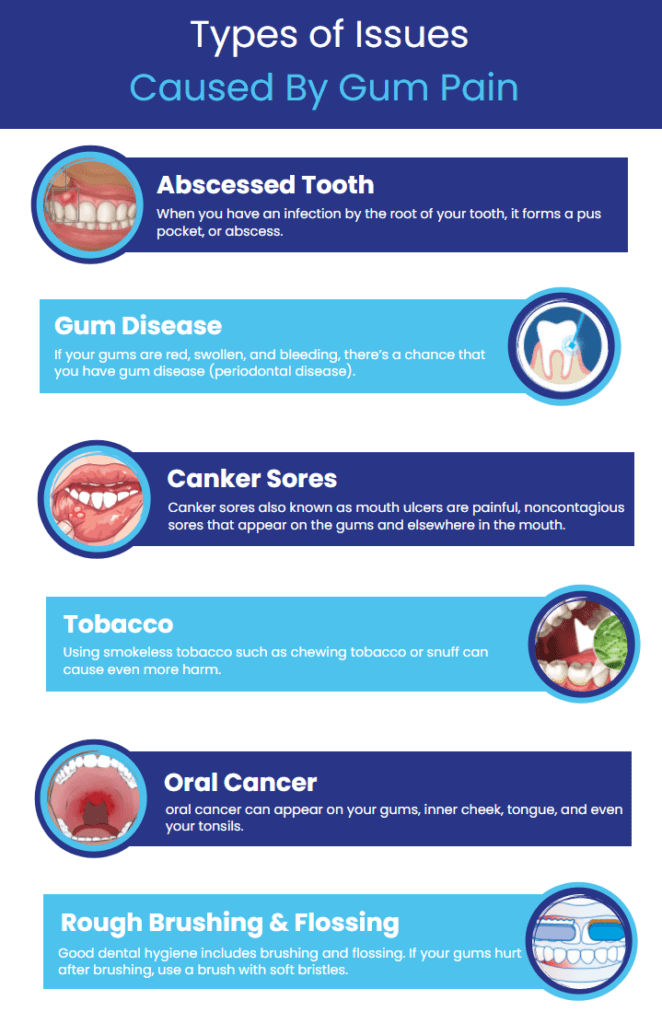
Usually, when you realize that you have gum disease it’s caused due to not flossing and brushing your teeth well or often enough. This is why it is important to maintain good oral hygiene to prevent this from happening.
The most common type of gum disease is gingivitis and less common, but a more severe type is periodontics. There are many ways to prevent gum disease. First you want to brush your teeth for two to three minutes at least twice a day, with fluoride toothpaste. Another way to prevent this from happening is to floss daily to remove the plaque from places where your toothbrush couldn’t reach. Although this is not a substitute for brushing or flossing your teeth, using mouth wash can reduce plaque buildup up to twenty percent. Lastly, eating a healthy diet can definitely reduce the risk of having gum disease.
Canker Sores
Canker sores are also known as mouth ulcers. These are painful, but non-contagious sores that can appear anywhere in the mouth. When spotting canker sores they usually appear as red splotches in the mouth, but with a noticeable white coating. However there is no special medical recommendation for treating canker sores, but they tend to go away on their own within a week or two. If they don’t go away and are irritating your gums, please consult with your dentist. In the meantime, to prevent having canker sores, you need to maintain of course good oral hygiene by brushing your teeth with a soft- bristled toothbrush after meals and flossing regularly. This will keep your mouth free of foods that might trigger a sore. Another way to avoid this is to not consume foods that irritate your mouth, including acidic, hot or spicy foods. This might be a hard one because everyone loves to chew gum, but it is recommended to avoid this to stop the irritation and so it won’t spread to the gums.
Tobacco
Whether you smoke or use smokeless products like chewing tobacco, dip, or snuff you’re at the highest risk of getting gum disease. Cigarettes and cigars can damage your gums, but smokeless tobacco is more dangerous because it is placed between your cheek and gum. This can cause more harm to your mouth than cigarettes can. The extensive use of using tobacco will cause gum pain and can pull away from your teeth. then, sores will form inside your mouth and on your gums. All of these issues from tobacco can lead you to mouth cancer if your oral hygiene is not taken care of.
Hormonal Changes
Changes in your hormones can affect the gums of many women. If you’re a woman you will feel these changes at different times of your life. During puberty, there might be more blood flow to your gums and they could feel swollen, tender, or even painful. The gums even might feel like they’re a little sore during your period. Pregnancy has a big toll on gum pain because that is when your hormone levels are at their highest and can affect your gums, which is when you need to talk to your doctor if you notice gum pain.
Burns
Sometimes you eat hot food or drink hot beverages like pizza and coffee that might burn your gums. You forget about the incident, but then later the burned area feels painful and your gums hurt. Typically the gum tissue will heal in ten days or to two weeks if you don’t continue to irritate the burn with hot foods or aggressive brushing.
Oral Cancer
Oral cancer can appear on your tongue, gums, and your inner cheeks or tonsils. Initially, it might show up as a sore that is not healing. If you have any sores in your mouth from not properly keeping up with your oral hygiene that takes more than two weeks to heal, please visit your dentist for a diagnosis.
Rough Brushing and Flossing
When you brush too hard or fast, the bristles react harshly against the gums, similarly if during flossing it slides against the gums harshly the result will be the same.
Food Allergy
Food that does not suit you can also cause sore gums, you will have to notice in your diet through trial and error or consult with an expert on allergies.
Vitamin Deficiency
The deficiency of Vitamin K can cause bleeding or soreness.
How to Manage Gum Pain
Gum pain can be immediately managed by carefully brushing and flossing teeth, putting a warm compress near the area, and taking pain killers. To manage gum pain for longer, the best action is to consult the professional so that you are sure this is not anything else.
Why Do My Gums Hurt When Flossing?
It is very rare for your gums to hurt or even bleed during and after flossing unless you have any of the following above problems. If you don’t have those problems with your gums, but you’re still experiencing gum pain when flossing on a regular basis then you need to follow these protocols.
- Use 18 inches of floss.
- Grasp the string tightly between your thumb and forefinger.
- Hold the strand firmly against the tooth and move it gently up and down.
- Repeat with the adjacent tooth, then with the rest of your teeth.
- Use fresh selections as you go.
- Don’t do rough or over aggressive flossing, just be gentle.
- Use a water pick.
- If your gums hurt when flossing with normal thread, use floss that comes with soft and gentle coatings.
Need Help? Give Us A Call!
After all, if you’re experiencing gum pain when flossing and you have questions, you should give us a call at 855-720-2470 and we would be happy to help you to schedule your appointment. For more information about Orthodontic Experts, please visit our website at www.OrthodonticExprts.com!








